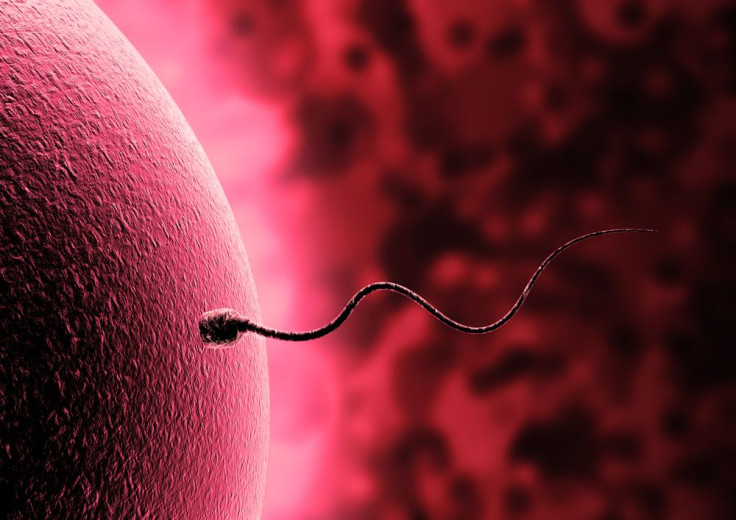Ectopic Pregnancy Symptoms: Risk Factors, Early Signs And What To Do

During pregnancy a fertilized egg attaches to the side of the uterus where it grows and develops until it is ready for birth. However, in the case of an ectopic pregnancy, the fertilized egg stays in the fallopian tubes or somewhere else in your abdomen, never quite making it to the uterus. The condition is serious and in some cases, fatal. It is also quite common, occurring in about one in every 50 pregnancies. For this reason, it's important to recognize the symptoms.
Symptoms
In many cases, symptoms of an ectopic pregnancy occur before a woman is aware of her pregnancy. According to the Mayo Clinic, the earliest symptoms of an ectopic pregnancy include light vaginal bleeding and pelvic pain. Bleeding from the fallopian tubes during an ectopic pregnancy can pool and collect near nerves, which may cause irritation or pain, depending on the location. Other early symptoms may include: nausea and vomiting with pain, sharp abdominal cramps, pain on one side of your body, dizziness or weakness, pain in your shoulder, neck, or rectum.
Read: C-Sections May Cause Ectopic Pregnancy, Stillbirth In Future Pregnancies
Risk Factors
Ectopic pregnancies can occur in any woman of childbearing age, but there are certain factors that may increase a woman’s odds of conceiving in this manner. According to the American Pregnancy Association, these include:
- Maternal age of 35-44 years
- Previous ectopic pregnancy
- Previous pelvic or abdominal surgery
- Pelvic Inflammatory Disease (PID)
- Several induced abortions
- Conceiving after having a tubal ligation or while an IUD is in place
- Smoking
- Endometriosis
- Undergoing fertility treatments or are using fertility medications

Treatment
After a confirmation that an ectopic pregnancy has indeed taken place, the patient may be given a drug to help end the pregnancy and allow the body to absorb the pregnancy tissue. If the pregnancy has been allowed to develop too far and has caused the fallopian tube to tear or rupture, surgery may be necessary.
See Also:
Women With Endometriosis Have Greater Risk Of Pregnancy Complications
Ectopic Pregnancy Leaves Stillborn Baby Skeleton Inside Woman's Womb For 36 Years



























